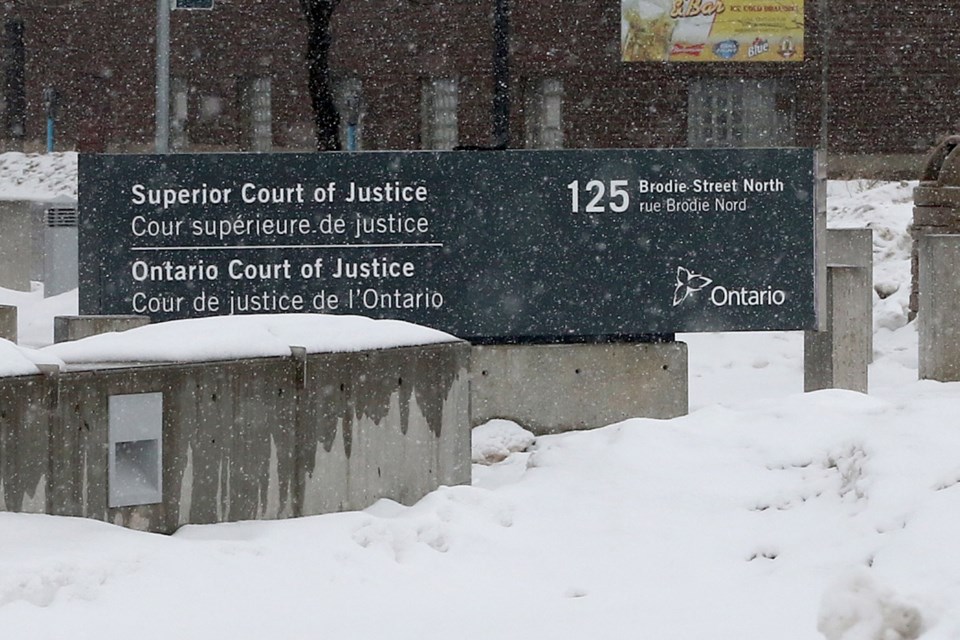THUNDER BAY — A Thunder Bay woman who was charged with several drug offences more than four years ago has had the charges stayed because of delays in bringing the matter to trial.
Zara Keshk was first arrested on Nov. 12, 2018 following an investigation by the Thunder Bay Police Service. The investigation included the execution of search warrants at two East End residences, including Keshk’s Finlayson Street home. She was arrested the same day at a nearby restaurant.
A total of eight people were arrested, including Keshk, and charged with possession of drugs for the purpose of trafficking and possession of property obtained by crime over $5,000.
Keshk was to stand trial on the charges in April 2023, however, in September 2022, her defense counsel filed a motion claiming her Charter rights to be tried within a reasonable time had been breached.
In a ruling released last month, Justice Danial Newton agreed that the delay in bringing the matter to trial was unreasonable.
A Supreme Court of Canada ruling states any net delay from the day of arrest to the anticipated end of trial exceeding 30 months is deemed to be unreasonable. The net delay includes subtracting any delays on the part of the defense or exceptional circumstances.
According to Newton’s ruling, the total delay in Keshk’s case was 1,622 days or 53 months. Defense delays of 173 days were considered, as well as 378 days for exceptional circumstances, leaving a net total of 1,071 days, or 35 months.
Keshk’s defense counsel argued in the application that disclosure in her case was not made available until September 2021 and no delays prior to that date can be attributed to her defense.
The Crown argued exceptional delays, including disruptions caused by the COVID-19 pandemic and the death of the preliminary hearing judge, stalled proceedings.
While Newton recognized that the pandemic resulted in delays to the preliminary hearing, it’s impact cannot be included for consideration until after April 16, 2020, when the hearing could not proceed. Therefore, exceptional delays were only considered to be 378 days.
If the net delay exceeds the 30-month ceiling as set out by the Supreme Court of Canada, the complexity of the case can be considered.
However, the Crown did not allege any complexity relating to the case, as Keshk was the only accused on the indictment before the court and it was alleged drugs were found in her home.
Ultimately, Newton said the total net delay of 35 months and 21 days bringing the matter to trial was unreasonable and Keshk’s right to a trial within a reasonable timeframe was infringed.
Newton granted the application and ruled the charges against Keshk be stayed.
